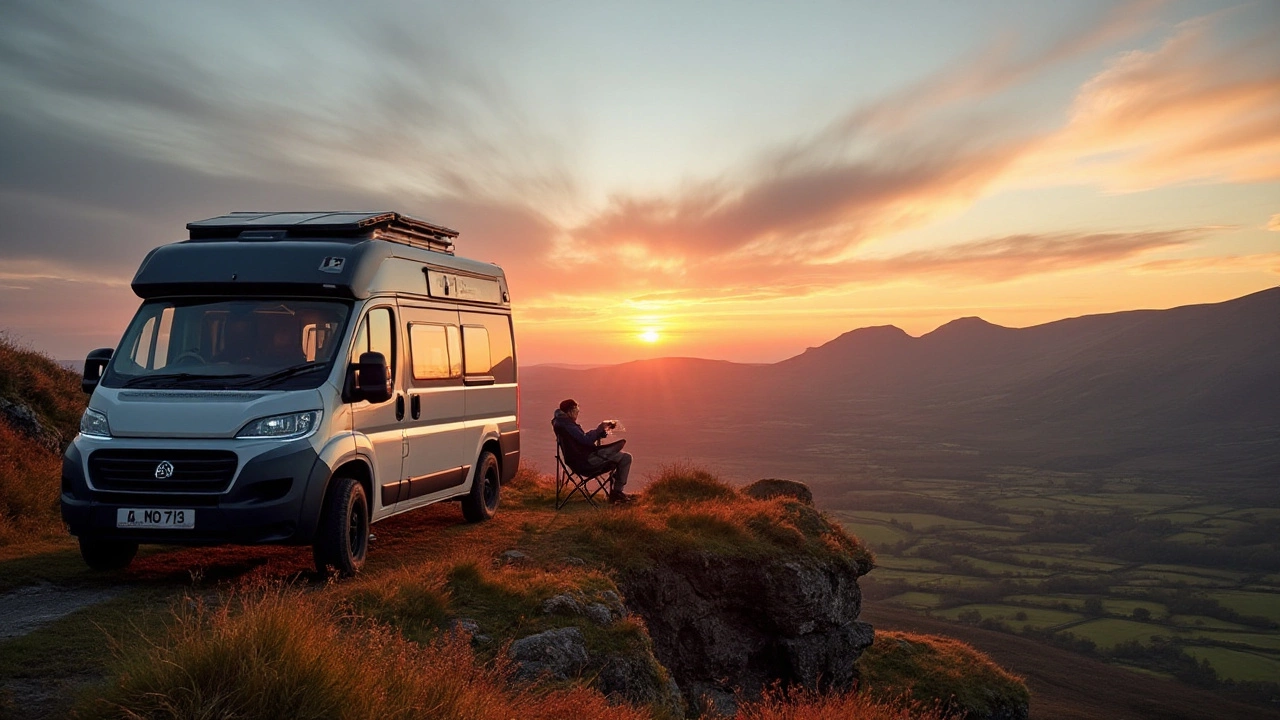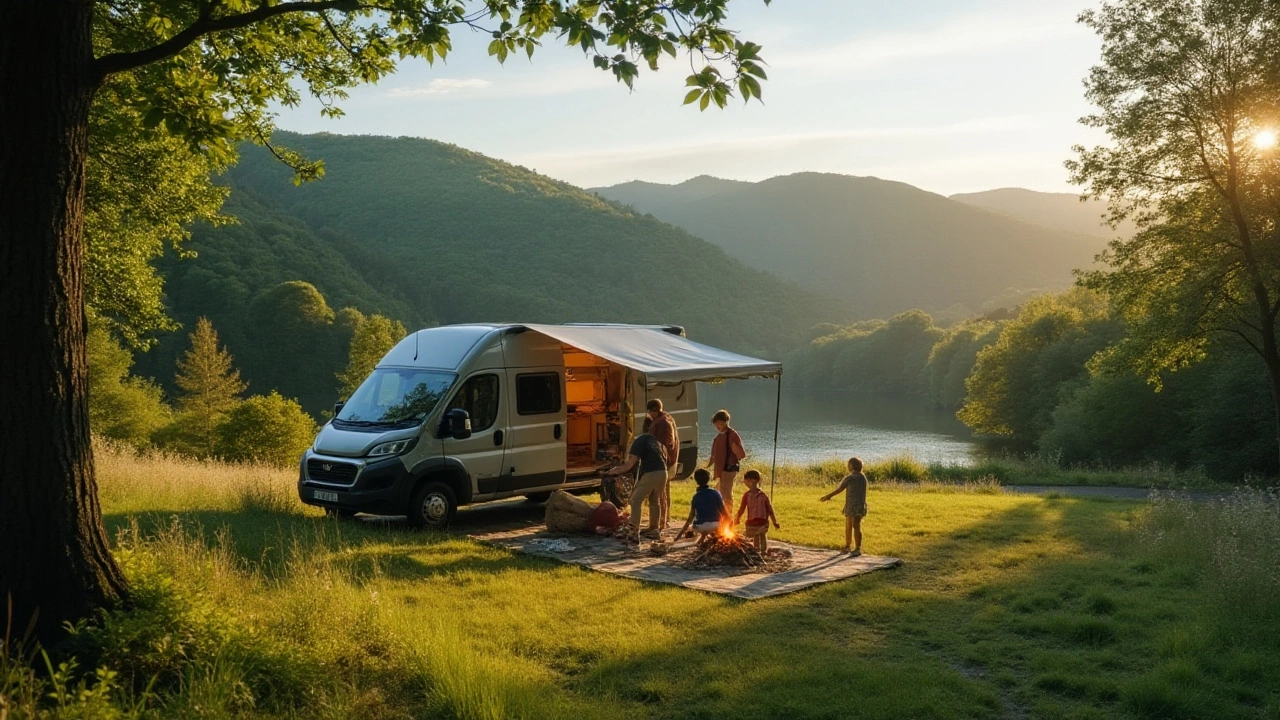Boondocking Basics: Free Camping for Your Motorhome
If you love the idea of sleeping under the stars without paying a night fee, boondocking is the answer. It’s simply free or low‑cost camping where you park your motorhome off‑grid and rely on what you bring. In the UK, the rules are a bit different from the US, but with a few smart moves you can still enjoy the freedom.
Where to Find Boondocking Spots
Start with public land that allows dispersed camping. Many Scottish estates, Forestry Commission sites, and some county parks let you stay a night or two if you follow their rules. Look for ‘open countryside’ signs, check local council websites, or use apps like Park4Night and iOverlander. Avoid private property unless you have explicit permission – trespassing fines are not worth the cheap night.
Staying Legal and Respectful
The UK’s wild‑camping laws are stricter in England and Wales, but Scotland’s Outdoor Access Code gives you the right to camp responsibly. In England, stick to designated spots such as motorhome bays, lay‑bys, or sites that specifically mention “overnight parking”. Always leave no trace: pack out everything, turn off lights, and stay away from protected habitats.
Check for any local by‑elaws that forbid overnight stays near beaches, historic sites, or nature reserves. If you’re unsure, a quick call to the local authority can save you a ticket.
Power and Water Hacks
Without a hook‑up, you’ll need to manage power wisely. A good 100‑amp leisure battery combined with a solar panel kit can keep lights, phones, and a small fridge running for a couple of days. Use a low‑wattage LED lamp, limit TV use, and keep the fridge door closed as much as possible.
For water, carry a 20‑liter jerry can and a portable pump. Refill at a service station, a campsite shower, or a public water point before you head out. A simple water filter can turn river water into safe drinking water if you’re in a remote spot.
Safety and Comfort Tips
Pick a flat spot away from flood‑prone areas. Set up a windbreak using a tarp or your vehicle’s awning. Keep a fire extinguisher and a basic first‑aid kit handy. If you’re in an area with wildlife, store food in sealed containers and lock it inside the motorhome.
Nighttime temperatures can drop quickly, especially in northern Scotland. Layer your clothing, use a good sleeping bag, and seal any gaps around doors to keep warmth in.
Maximising Your Boondocking Experience
Plan your route so you hit a fuel station or a hook‑up site every 150‑200 km. This reduces range anxiety and gives you a chance to empty waste tanks. Keep a notebook of good spots you discover – future trips get easier when you have a personal list.
Finally, enjoy the freedom. Boondocking lets you set your own schedule, chase sunrise over the hills, and wake up to fresh air instead of a noisy campground. With a bit of preparation, you can boondock across the UK without breaking any rules or blowing your budget.
Boondocking vs. Camping in the UK: Exploring the Distinctions
In the UK, boondocking and camping might seem similar, but they are quite different in various aspects. Boondocking offers a sense of adventure with its off-grid experience, while traditional camping often provides more amenities. Both offer unique ways to engage with nature, though legalities and locations can differ significantly. This article explores these differences, helping you choose the best option for your outdoor escapade.
Exploring the Differences Between Boondocking and Stealth Camping
Venturing into the world of camping, one may encounter terms like boondocking and stealth camping. These practices offer distinct ways of experiencing the great outdoors, catering to both families seeking adventure and solo travelers craving solitude. While boondocking often involves staying at more remote locations, usually off the beaten path without traditional amenities, stealth camping typically necessitates remaining out of sight and leaving no trace. Understanding these differences can enhance your camping experience and help you choose the right option for your next outdoor getaway.

